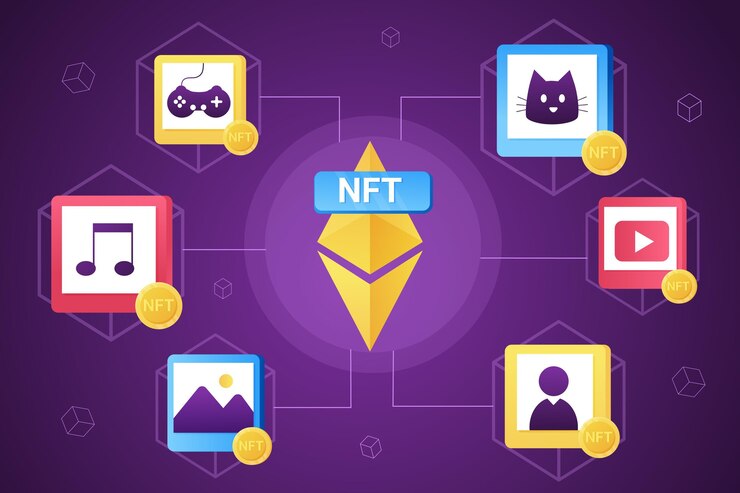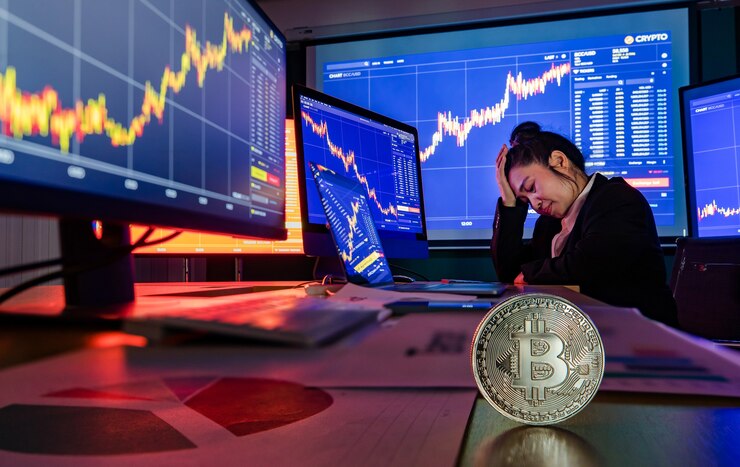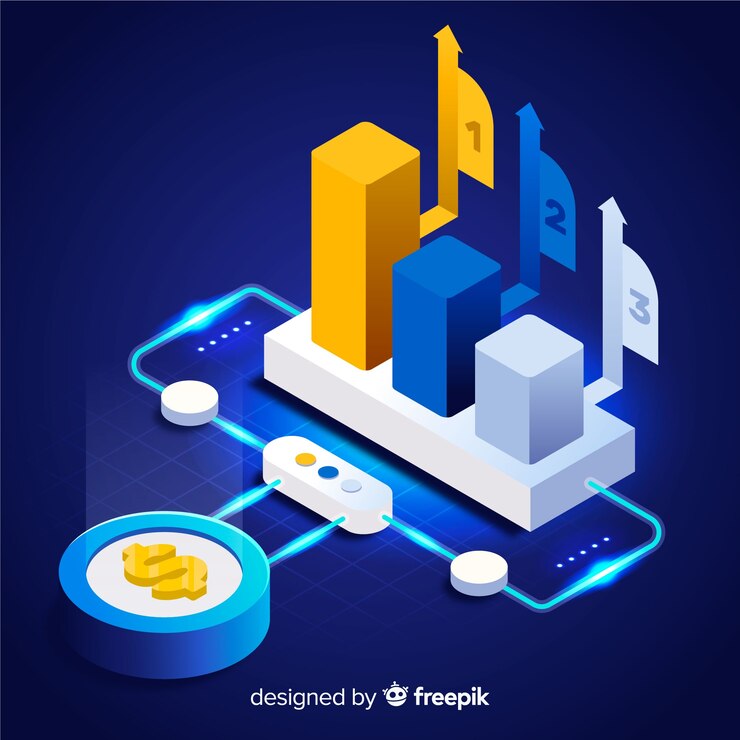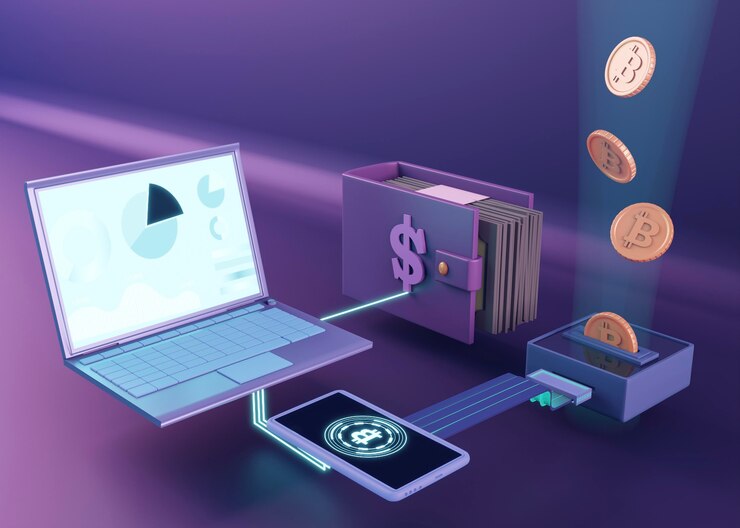“NFTs: Beyond Art – The Evolution of Non-Fungible Tokens:”
- Gaming: NFTs have revolutionized the gaming industry by enabling players to own in-game items, characters, and virtual land. This shift from renting to owning creates a new economy within games, where players can trade, sell, or even create their own in-game assets.
- Collectibles: NFTs have transformed the collectibles market, providing a platform for authenticating and trading rare items, from sports memorabilia to vintage trading cards. This has created new opportunities for collectors and investors alike.
- Music and Entertainment: Musicians can tokenize their music, albums, or concert tickets as NFTs, offering fans exclusive experiences and ownership of digital assets. This empowers artists to build direct relationships with their audience and generate new revenue streams.
- Real Estate: NFTs are being explored as a means of tokenizing real estate, enabling fractional ownership and streamlined transactions. This could democratize access to real estate investments and create new investment opportunities.
- Identity and Verification: NFTs can serve as digital identities, storing personal information securely on the blockchain. This could revolutionize identity management and verification processes, offering increased security and privacy.
- Supply Chain Management: NFTs can be used to track the provenance of products, ensuring transparency and authenticity throughout the supply chain. This can combat counterfeiting and improve consumer trust.
- Intellectual Property: NFTs offer a way to protect intellectual property rights by providing verifiable ownership and preventing unauthorized use or distribution.
Challenges and Opportunities
While the potential of NFTs is immense, there are significant challenges to overcome. Scalability, environmental concerns due to energy consumption, and regulatory uncertainty are among the key issues facing the NFT ecosystem. However, these challenges also present opportunities for innovation and development.
For example, the environmental impact of NFTs has spurred the development of more energy-efficient blockchains and carbon offset initiatives. Regulatory clarity can foster a more stable and predictable environment for NFT businesses and investors.
The Future of NFTs
The future of NFTs is brimming with possibilities. As the technology matures and becomes more accessible, we can expect to see an explosion of new and innovative applications. NFTs have the potential to reshape industries, create new economic models, and transform the way we interact with digital assets.
However, it is essential to approach NFTs with a critical eye. The hype surrounding NFTs has led to speculative bubbles and scams. Investors and consumers should exercise caution and conduct thorough research before investing in NFTs.
Ultimately, the success of NFTs will depend on their ability to deliver real value and solve real-world problems. As the technology continues to evolve, we can expect to see NFTs become an integral part of our digital lives.pen_spark







